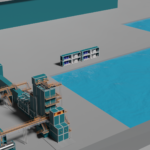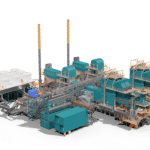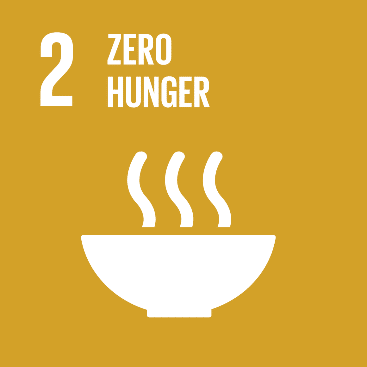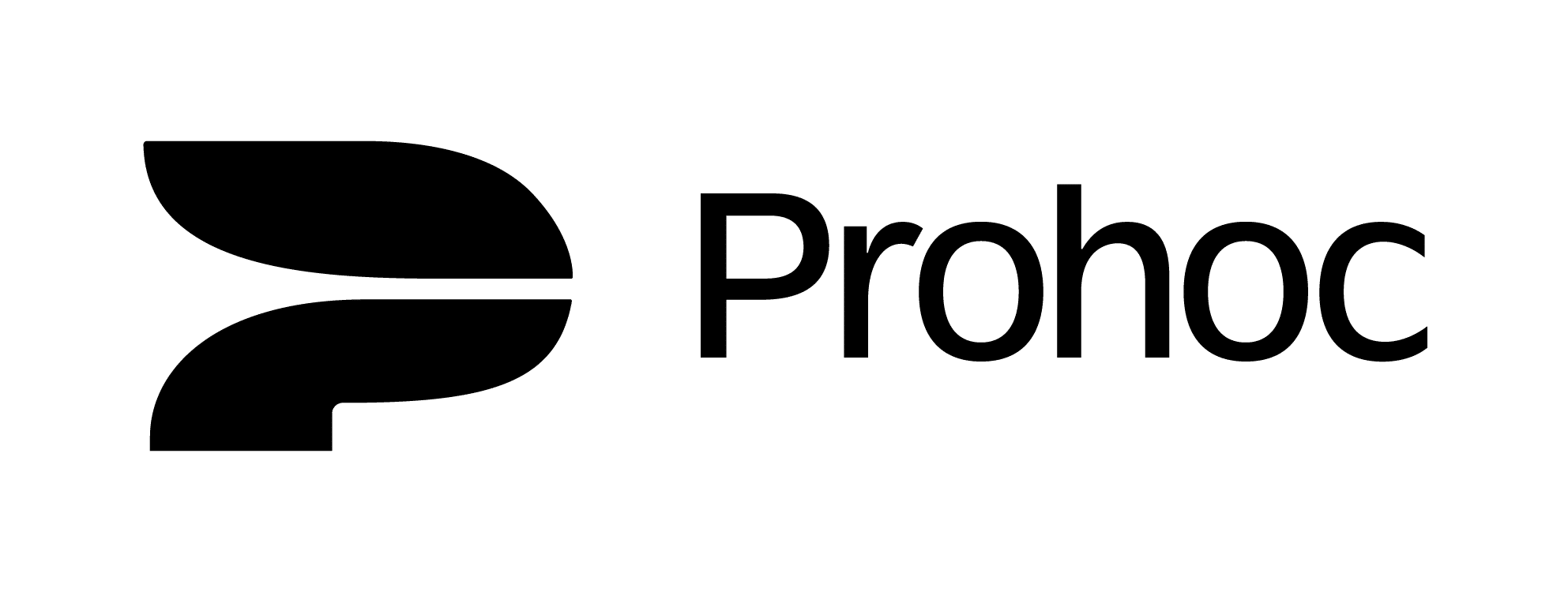WOIMA aligning with UN Sustainable Development Goals (SDG)
Goal 2: End hunger, achieve food security and improved nutrition and promote sustainable agriculture

If done right, agriculture, forestry and fisheries can provide nutritious food for all and generate decent incomes, while supporting people-centred rural development and protecting the environment.
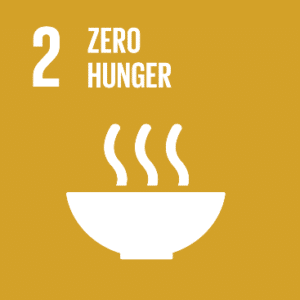
If done right, agriculture, forestry and fisheries can provide nutritious food for all and generate decent incomes, while supporting people-centred rural development and protecting the environment.
Right now, our soils, freshwater, oceans, forests and biodiversity are being rapidly degraded. Climate change is putting even more pressure on the resources we depend on, increasing risks associated with disasters such as droughts and floods. Many rural women and men can no longer make ends meet on their land, forcing them to migrate to cities in search of opportunities.
A profound change of the global food and agriculture system is needed if we are to nourish today’s 815 million hungry and the additional 2 billion people expected by 2050.
The food and agriculture sectors offer key solutions for development and is central for hunger and poverty eradication.
- Globally, one in nine people in the world today (815 million) are undernourished
- The vast majority of the world’s hungry people live in developing countries, where 13 per cent of the population is undernourished
- Poor nutrition causes 45% of deaths in children under five – 3 million children each year.
- One in four of the world’s children suffer stunted growth. In developing countries, the proportion can rise to one in three.
- Since the 1900s, some 75% of crop diversity has been lost from farmers’ fields
- 4 billion people have no access to electricity worldwide – most of whom live in rural areas of the developing world. Energy poverty in many regions is a fundamental barrier to reducing hunger and ensuring that the world can produce enough food to meet future demand.
WOIMA is committed to helping the developing countries in their fight against hunger and supporting sustainable agriculture. The tool is our modular wasteWOIMA® waste-to-energy power plant that will
- incinerate cleanly the waste of 100,000 – 500,000 people
- generate affordable energy for 50,000 – 100,000 people
- employ 100 – 200 people
- generate hundreds of jobs and training opportunities up- and downstream
- save 100,000 tons of CO2 equivalent emissions per year
- be up and running within 12 months
UN has set the following targets by 2030, supported by WOIMA and our modular wasteWOIMA® waste-to-energy power plant
- End hunger and ensure access by all people to safe, nutritious and sufficient food all year round
- End all forms of malnutrition and address the nutritional needs of adolescent girls, pregnant and lactating women and older persons
- Double the agricultural productivity and incomes of small-scale food producers
- Ensure sustainable food production systems and implement resilient agricultural practices that help maintain ecosystems and strengthen capacity for adaptation to climate change
- Maintain the genetic diversity of seeds, cultivated plants and farmed and domesticated animals and their related wild species
- Increase investment in rural infrastructure and agricultural research
- Correct and prevent trade restrictions and distortions in world agricultural markets
- Adopt measures to ensure the proper functioning of food commodity markets
Read more about the UN SDGs at
https://www.un.org/sustainabledevelopment/sustainable-development-goals/
Contact WOIMA to learn more on how we can change the world together.
WOIMA Social Media accounts

